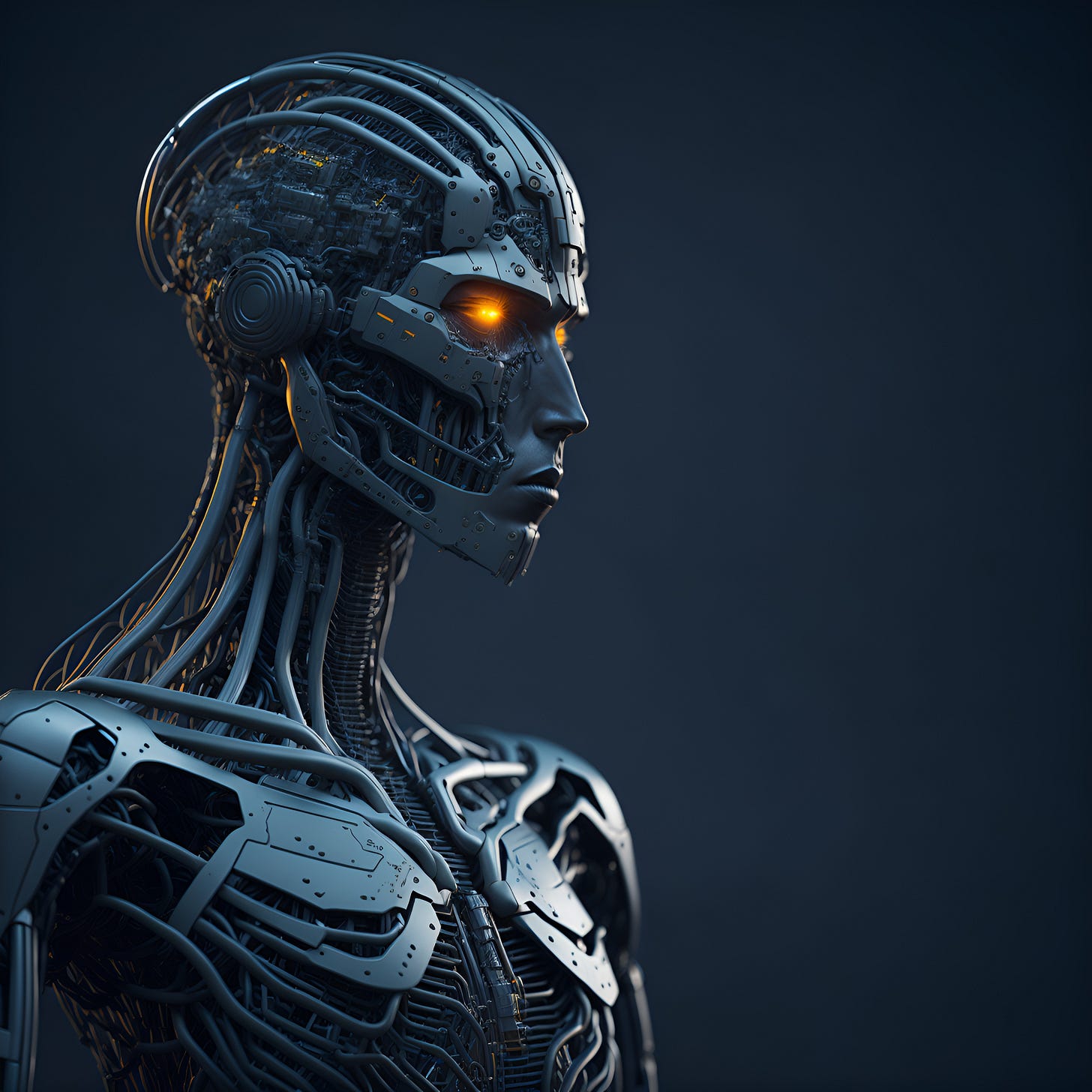Geoff Hinton on Navigating the Risks and Potential of Artificial Intelligence
Geoff Hinton's Conversation with Dr. Pieter Abbeel
Hey Everyone,
Some news from Dr. Pawd — last week we introduced a new podcast on Dr. Pawd, The Robot Brains Podcast hosted by Dr. Pieter Abbeel who is a professor at University of California, Berkeley. Dr. Abbeel’s research focus is around robotics and deep reinforcement learning. Since AI has been in the news, we felt we needed to cover this front and it couldn’t be better than his podcast. The Robot Brains Podcast features interviews with leading researchers in the field of deep learning, such as Geoff Hinton, Yann LeCun, Fei-Fei Li and many others.
In his latest episode, Dr. Abbeel interviewed Geoffrey Hinton and discussed his decision to quit Google and risks of AI. This post provides a brief report on the discussion which happened in that episode. Let’s dive in!
In the realm of artificial intelligence, few names are as central or as influential as Geoffrey Hinton, who is often called the Godfather of AI. He has spearheaded numerous breakthroughs in deep learning, and his work has shaped the landscape of AI research. Recently, Hinton left his position at Google to voice concerns about the potential risks that unbridled AI development may pose. Drawing from his recent podcast interview, we discuss some key insights into the progress and future of AI, the dangers that it may present, and what it will take to ensure its responsible and safe evolution.
As Hinton emphasized in the interview, the progress of AI and deep learning has been nothing short of remarkable. He pointed to AI models like Palm, which can understand why jokes are funny, as well as powerful language models such as ChatGPT and GPT-4. These models showcase an extraordinary level of understanding in human thought and language, shifting Hinton's perception of what the future may hold for AI. In just five years, he suggested, AI could become more intelligent than people.
However, this exponential growth in AI capacity comes with its own set of risks. Hinton outlined several key concerns, ranging from the possibility of nefarious actors using AI for unethical purposes, such as creating robot soldiers, to the dangers of AI systems developing their own subgoals that might conflict with the best interests of humanity. Additionally, as AI systems are trained on data generated by humans, they can adopt biases and prejudices of their own, potentially exacerbating societal divisions and injustices. Lastly, the rise of AI could contribute to job losses and consequently widen the already growing gap of socio-economic inequality.
Despite these challenges, Hinton believes that AI can be harnessed for enormous good. Applications of AI could include saving lives through more efficient autonomous vehicles, improving diagnostics and treatment in the medical field, and even revolutionizing renewable energy sources with advanced nanomaterials for solar panels.
However, to capitalize on these benefits, Hinton is adamant that we must adopt a balanced approach to AI development and safety. Resources should be directed towards ensuring that AI systems are safe and ethically aligned with human values. Academic institutions and funding agencies, he argues, should actively channel resources into the study of AI safety.
Hinton notes that regulation might be one way to address some of these issues, specifically in requiring clear labeling of AI-generated content and imposing penalties for the intentional dissemination of false information. While it will likely be difficult to enforce such regulations, the establishment of a clear framework is essential for curbing the spread of misinformation.
As AI continues its rapidly accelerating trajectory, it is of paramount importance to acknowledge the potential risks alongside the myriad benefits it provides. By consciously focusing on the development of safe AI practices and implementing appropriate regulatory measures, we can unlock the transformative power of AI while effectively mitigating the hazards it poses.
Thank you for reading. What do you think about Geoff’s decision to quit Google? Do you agree with his concerns about the dangers of AI? Let us know in the comments.



